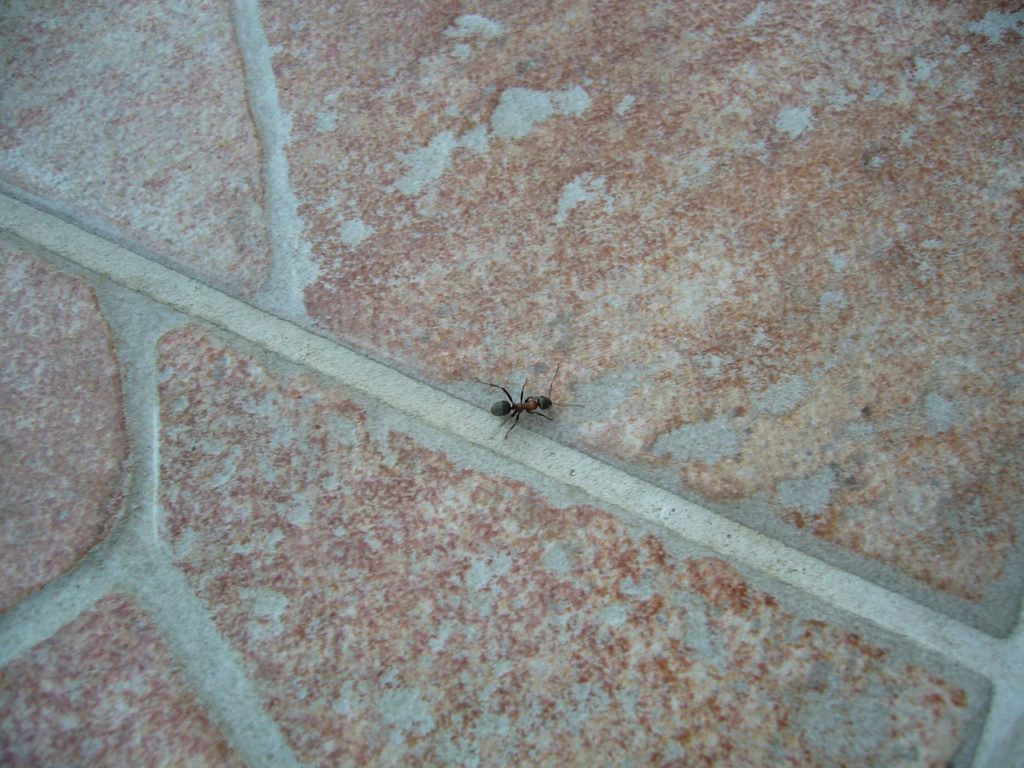Ants crawling out of an electrical line might seem like something straight out of a horror movie. When ants create a nest in your electrical outlets in your home, the danger of a potential fire or short-circuiting is real. Having an electrical short circuit could lead to a fire. What’s more worrying is that this kind of infestation can happen even if your electricals are clean and seal-off from the outdoors.
Ants need the smallest of cracks to get access into your house. When they finally get access and establish a nest or get some source of food and moisture, they could multiply in a very short time.
What damage can ants cause to electrical outlets?
When ants get access into your home’s walls, they will often chew through the wooden structures and wires, sometimes creating a short circuit. Well, you’d probably think the ants will go away by themselves after getting electrocuted right? Not really.
Ants produce pheromones in their bodies; they use these hormones to communicate with each other especially when there is a danger. Once the pheromones are released more ants come to the rescue. If this keeps on happening over an extended period, it may cause your electrical systems to shut down or worse, damage your appliances.
Ants can build nests. Ants cause a significant amount of damage building inside walls. They will often bring in soil from outside with moisture. Moisture is bad for electrical wiring and appliance. Your HVAC system could suddenly shut down, and an ant infestation could be to blame.
What should I do?
Well, the moment you notice ants have invaded your electrical outlets, shut off the main power. You can go to your circuit breaker and turn off power to the affected areas. This will help prevent damage to your electrical appliances.
Contact Ant Control Toronto. Our pest control professionals will be able to find the root of the problem and address it. Chances are a short circuit occurred due to the ants nesting activities. Call an electrician to check your electrical connection again for damage and repair.
How to ant-proof electrical outlets
Getting rid of ants around electrical components isn’t the easiest of tasks; the following are effective ways to prevent your electrical outlets from ant infestation.
Natural remedies
There are several homemade remedies you could use that could effectively help you get rid of ants from your electrical outlets. Spray peppermint inside electrical boxes avoiding the wires could work. Peppermint deters ants. You could also use ground cinnamon in holes you suspect ants use as entry points into your home. Ants are repelled by cinnamon; they will not cross a barrier of this spice.
Using pesticides
Using pesticides is perhaps the easiest method you could use against ants. Start by mixing the industrial strength insecticide in accordance with the directions. Spray the perimeter of your home and around the electrical outlets. It is important that you do not spray directly to the wires. Instead, spray the electrical outlet box itself.
Preventing electrical damage from ants
The following steps will help prevent ants from infesting and potentially damaging your electrical outlets and equipment.
- Contact your local pest control service to spray in and around your home regularly to prevent ants from infesting your electrical components.
- Practice clean habits. The main reason ants are invading your space because they have been attracted by a food source.
- Seal and insulate your electrical outlet components. It’s important to contact a certified electrical technician to help you do this. A combination of the right insulation material and pesticide should prevent ants from nesting in your electrical outlets.
- You could also take additional measures and seal up all the gas and holes that are giving entry to ants inside your electric box. Use foam spray to fill the cracks that are between your electrical outlet box and the wall.
Remember, before you begin working on your electrical outlet, start by shutting off power to the circuit box. Make sure you remove the switch plate, before spraying insulation of pesticides between the electrical box and wall. If you are unsure of this process, it is important to contact your local pest control service to assist you. If the nest is older, it’s not a good idea going through your electricals without the assistance of a professional.
